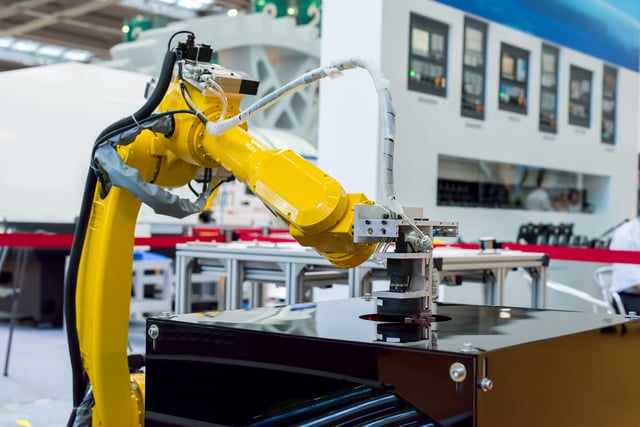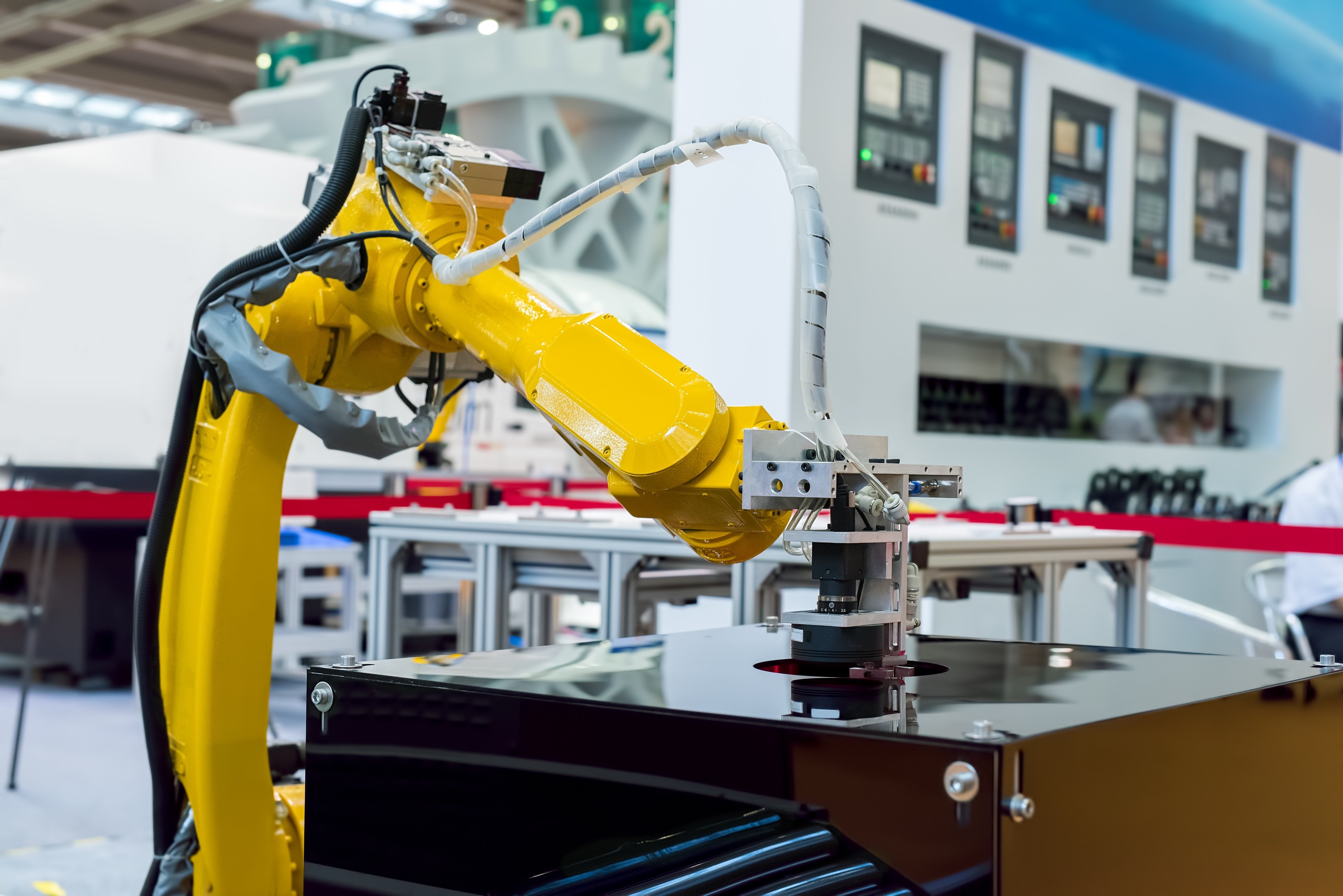
When I first started judging the Best Factory Awards in 1992, most plants focus was on introducing Total Quality Management, BS5750 and implementing JIT.
Over the past 25 years the emphasis of UK manufacturing has changed and reviewing this year’s winners, we can see that they share several common traits: they have a clear manufacturing strategy, they are customer focused and they have a strong improvement ethos.
This year, from our judging visits, we have noticed other common threads:
Lean manufacturing – most of the factories are implementing lean manufacturing. This has become a necessity to achieve best factory performance.
Safety - this is always high on the management agenda. The good factories are achieving at least 1 million working hours between lost time accidents. However, the best are achieving well in excess of 2 million working hours.
Continuous innovation – one of the reasons behind the winners’ success is that they have consistently innovated: innovated in terms of developing new products and critically, also in terms of how they make them (through process innovation).
Maintenance – to achieve operational excellence it is important to have maintenance excellence. The best plants have all implemented TPM and are working hard at getting world class availability performance from what is, in a number of cases, equipment that is at least 20 years old.
OEE – Overall Equipment Effectiveness (OEE) is becoming increasingly important and is now one of the key factory performance measures that plant managers monitor and strive to improve.
Environment –the best are aiming to recycle all their factory waste and avoid having to resort to landfill or “waste to energy”, which some would consider as incineration.
Energy – the factories are monitoring energy. They have all realised that compressed air is very expensive and so they are reducing the cost by eliminating air leaks, installing variable speed drives on compressors and replacing air driven tools by electric driven tools. LED lighting is becoming standard in the factory and warehouse.
Flexibility – the plants have a high degree of flexibility, they are upgrading their employees skills, making them more multi-skilled. They are also reducing set-up times to give themselves greater ability to cope with changing market demand.
Striving for excellence
The manufacturing world may have moved on a lot since 1992 but what we have found has not changed – the best factories have always had that passion for striving for excellence, the desire to be the best.
Hear from the Best Factory Award winners sharing best practice at the Best Factory Conference on the 26 – 27 April 2017. For further information, please visit www.bestfactoryconference.co.uk.
Professor Marek Szwejczewski
Director,
Best Factory Awards



